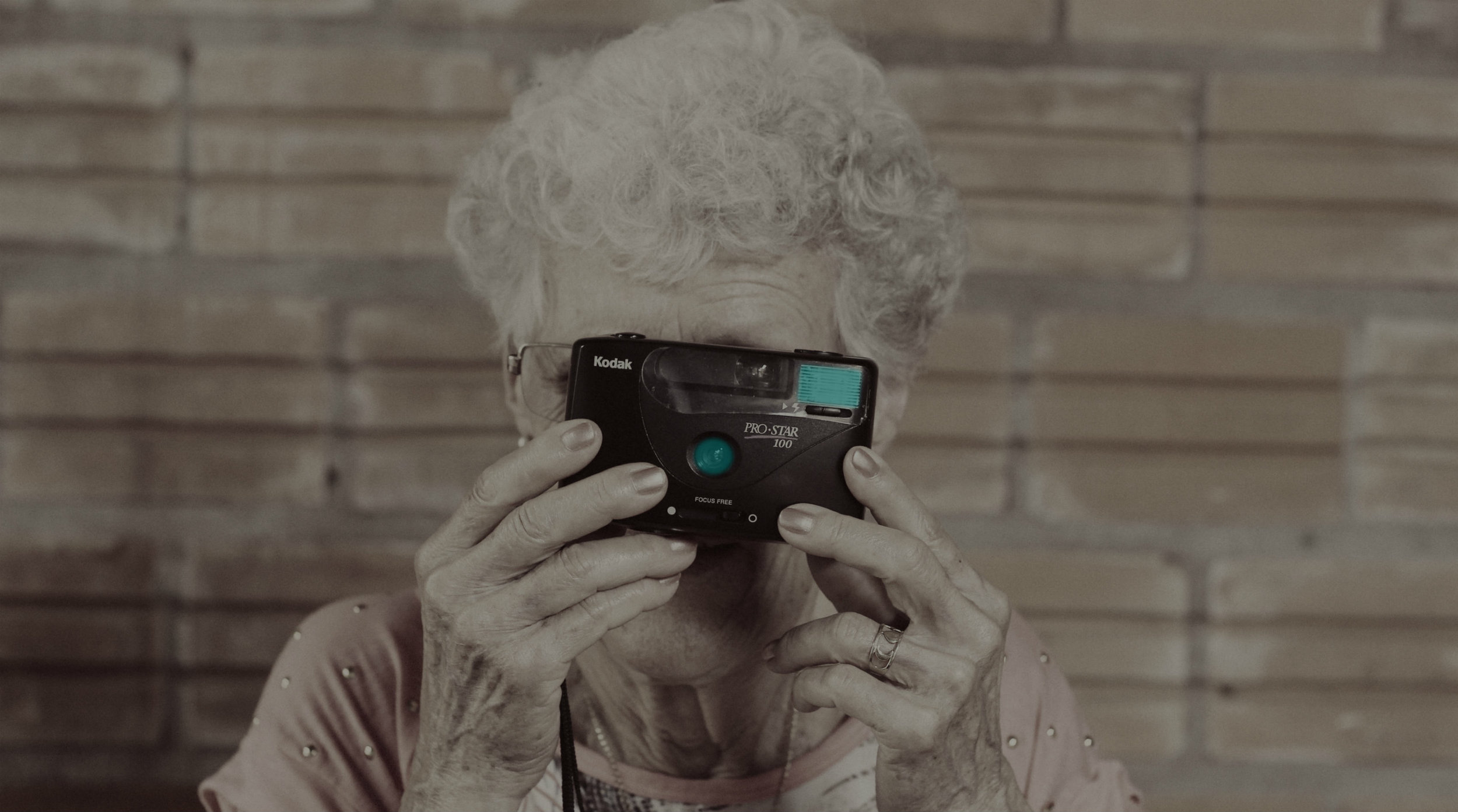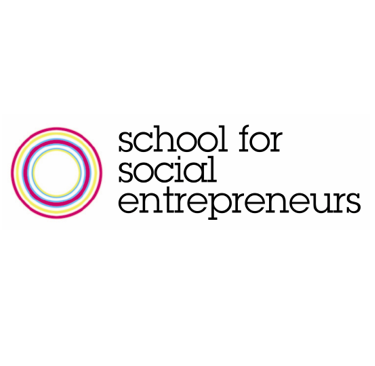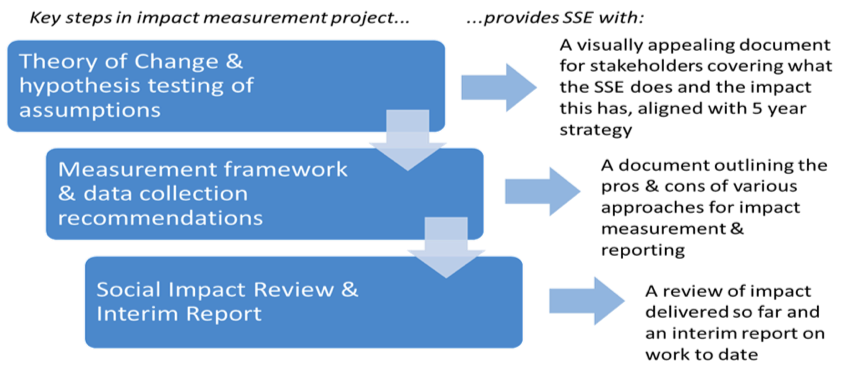
NEWS
IFG Social Impact Evaluation of the School for Social Entrepreneurs Supports Major Grant Award
We at Investing for Good were delighted that the Big Lottery Fund has renewed its funding for social entrepreneurs, supported by School for Social Entrepreneurs (SSE), with a £2.55m grant.
SSE is a charity with a network of 11 schools, impacting communities across the UK, Canada and India. The charity offer programmes, workshops and short courses, aiming to support individuals on a learning journey, and creating social change together.
We at Investing for Good were delighted that the Big Lottery Fund has renewed its funding for social entrepreneurs, supported by School for Social Entrepreneurs (SSE), with a £2.55m grant.
SSE is a charity with a network of 11 schools, impacting communities across the UK, Canada and India. The charity offer programmes, workshops and short courses, aiming to support individuals on a learning journey, and creating social change together.
The renewal of funding extends Big Lottery Fund’s commitment to the Lloyds Bank Social Entrepreneurs Programme, in partnership with School for Social Entrepreneurs, launched in 2012. The first five years of the programme has supported 1,300 social entrepreneurs. These social entrepreneurs are predicted to reach as many as 1.1 million beneficiaries over five years, according to a social impact review of the programme conducted by CAN Invest and Investing for Good in 2016.
Following a competitive tender, Investing for Good and CAN Invest- a charity committed to helping other charities thrive- were chosen by SSE because both organisations have extensive experience working with intermediary organisations and with the complexities around capturing, measuring impact and attributing impact.
Investing for Good acted as the lead on the project, representing the team and acting as the main point of contact. However, both parties were equal partners during the delivery of the project and worked as one unified team. The partnership made the best use of our respective expertise and experience to date.
We adopted a hypothesis testing approach whereby we developed and tested a number of assumptions in the Theory of Change and the extent to which the activities that the SSE were doing delivered the outcomes that were initially hypothesised.
Mapping backwards from organisational goals, we tested hypotheses around strategic assumptions, placing emphasis on understanding not only whether SSE activities produced the desired effects, but also how and why, throughout the course of different SSE programmes.
This provided the framework for research for SSE to contribute thought-leadership and become a higher profile, leading voice in the intermediary and educational sectors on excellence in supporting social entrepreneurship.
IFG and CAN Invest used a variety of methods including qualitative research with in-person & telephone interviews, focus groups, surveys, social media approaches, narrative story-telling, and more traditional quantitative, statistical based approaches and study designs.
The review captured the whole spectrum of SSE’s impact: its achievements, success factors, learning elements, progress towards strategic goals, and included an analysis of the various programmes and their performance, and the impact of entrepreneurs to date.
The final report was deliberately designed to catch the eye of a wide audience and encourage readers to find out more.
A social audit can be hugely beneficial to an organisation. Social audits evaluate your current impact processes against best practice, identify any gaps and recommendations for improvements, and give you the opportunity to strengthen relationships with grant makers, social investors and commissioners.
More information on our social audit services can be found at https://www.investingforgood.co.uk/social-audit/


